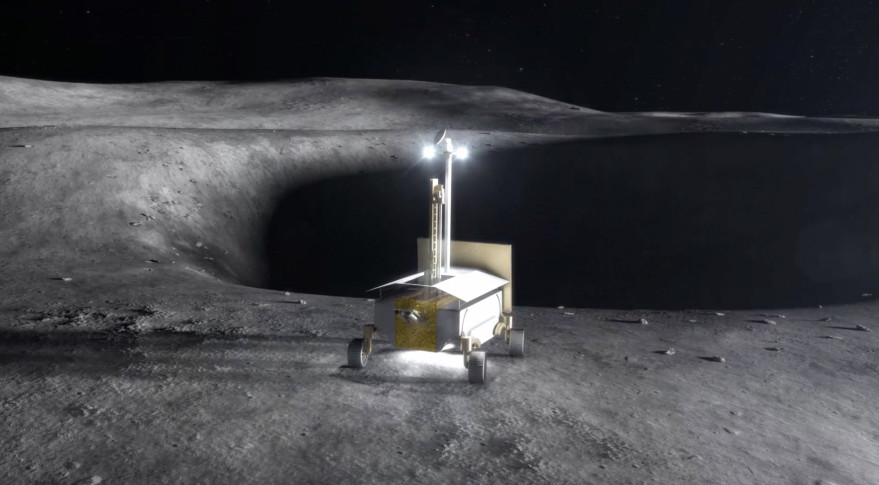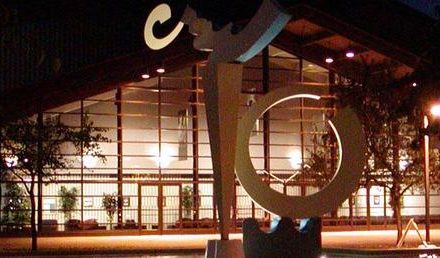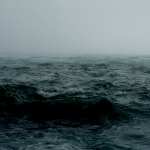(Don’t worry, there are no spoilers for the book’s plot in this review)
Andy Weir exploded into the public consciousness with his survival drama The Martian, later turned into a blockbuster movie starring Matt Damon. What attracted so many to Weir’s work was the intense scientific accuracy and research that had gone into his writing, providing a very realistic and believable setting for his story of perseverance.
His sophomore novel, Artemis, also explores themes of a future space colony, this time on the moon. Our main character has experience as a zero-gravity welder, and the specific structural and engineering challenges inherent in having a permanent lunar base are explored through her eyes. Peppered through the book are reminders that things aren’t the same as on Earth, whether it’s discussions about the artificial atmosphere, unintended effects of the reduced gravity (watch out where you throw those lawn darts), or the specific mechanics of how to get from one habitat to another.
I genuinely enjoyed Weir’s writing style, which felt very fluid and conversational, realistic even as he described the near-future setting of a multicultural industrial and tourist destination. I felt that the science and the obvious research that Weir had put into understanding the challenges, both technological and societal, was well-paced and placed throughout the novel. Several other books I’ve read recently used the author’s research as a blunt instrument, as if saying “look how much work I did” – Weir didn’t do any of that, he explored the setting through the characters and their interactions with the environment and each other in a very natural way.
My real complaint abut the book is that the main character is the very definition of a Mary Sue. She’s a hyper-intelligent young woman who has all but cornered a particular market on the Moon, and an unending parade of other characters admonish her that she’s wasting her talents. Rebelling against her father, her family’s culture, the law, and societal norms of the colony, she succeeds, often against all odds, at functionally everything she attempts.
With the rest of the novel, including almost every side character, so realistically portrayed and presented, it was a real letdown for me to see how archetypal the main character was written. She has her own agency and reasons for doing things, but rarely does it feel like she’s ever in actual danger or at risk of failure. Even when her enemies have the upper hand, the stars align or her preparations paid off or someone breaks through the wall to save her (note: this does not actually happen).
Clocking in at around 300 pages, the book is a quick read with its fluid dialogue and compelling narrative structure. Perfect for a long car trip or international flight.
I would recommend Artemis to older teen or adult readers who enjoy “hard” science fiction, where everything is kept as realistic as possible, given the constraints of the setting – in this case, that the moon is used for industry and tourism. There isn’t much mystery or existential drama, so readers looking to scratch those itches may leave unsatisfied.
All in all, I enjoyed it, even if some specific elements weren’t to my liking. I look forward to Weir’s next venture into near-future settings and will happily pick up his next novel, likely without reading any reviews beforehand.















